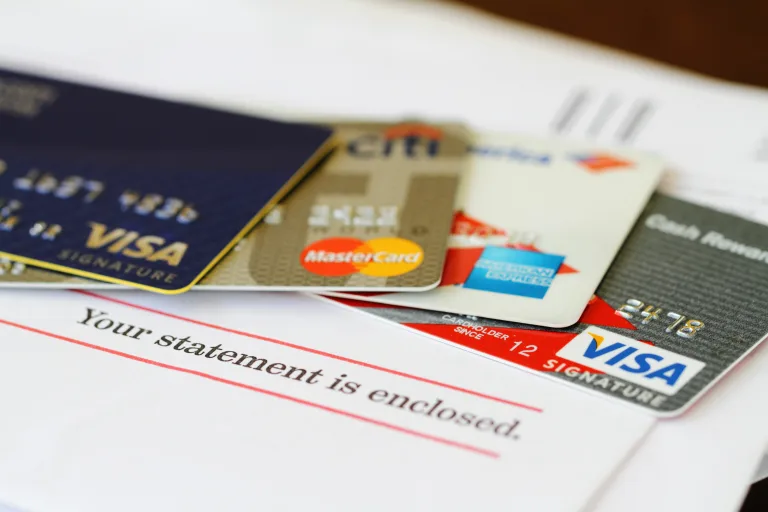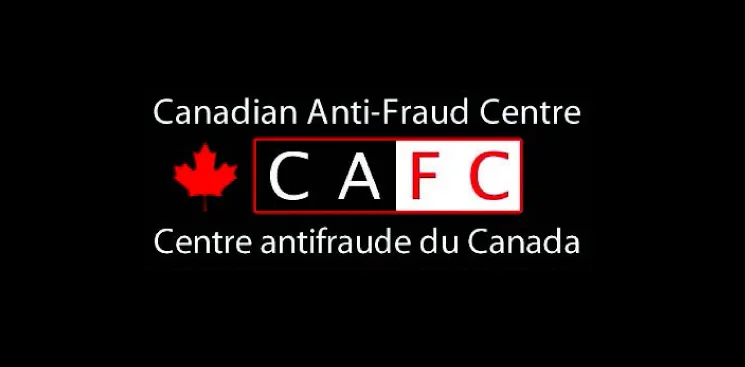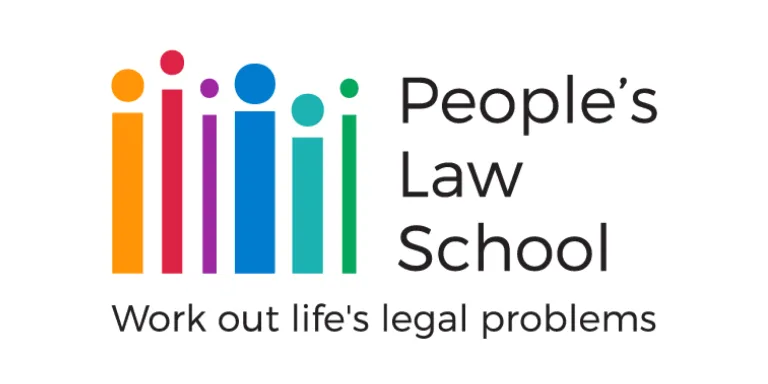Getting a credit card you never asked for

A company can’t send you a credit card you didn’t apply for. Learn your rights and what you can do if you receive a credit card you never asked for.
What you should know
A credit card issuer can’t send a credit card to someone who didn’t apply for it. (The exception is if the issuer is sending a replacement card.)
If you get a credit card you didn’t ask for, you don’t have to accept it. If you don’t accept it, you aren’t responsible for it.
Be careful not to use it. The moment you use an unsolicited credit card, you’re telling the sender you’re accepting it. And now you’re responsible for everything you buy with it.
A credit card issuer can’t be sneaky about signing up new customers. The customer must be fully aware of what the deal is. Watch out for marketing schemes where a store employee asks if you’d like to sign up to receive “free points.” These schemes often take the personal information you provide and use it on a credit card application.
Once a customer agrees to apply for a card, the card issuer has some legal duties. They must disclose important details about the card (including the interest rate and any other charges or fees that come with the card). We explain these details elsewhere. See our information on getting a credit card.
If you receive a credit card you didn’t apply for, it could be you’re a victim of identity theft. In other words, a criminal has gotten hold of your personal information and has applied for a card, pretending to be you.
If you think someone has applied for a credit card under your name, call the card issuer immediately. Ask for details about when the account was opened, and how. If it’s a fraudulent account, ask the issuer to freeze and cancel it. Also consider filing a report with the local police.
Work out the problem
There are steps you can take to work out the problem.
Step 1. Call the credit card issuer
Step 2. Send a confirmation letter
Step 3. Shred or cut up the card
Step 4. File a complaint
Step 5. Order a copy of your credit report
Step 1. Call the credit card issuer
If you get a credit card in the mail you didn’t apply for, call the company right away. Tell them you don’t want the card, and to cancel the account.
Ask them not to report the account to the credit reporting agencies. If they’ve already done that, ask them to fix the mistake with the agencies. Ask for written confirmation that they have.
Step 2. Send a confirmation letter
Once you’ve called the credit card issuer, follow up with a letter. In it, say that:
you’ve received a credit card you didn’t apply for
you want the account to be closed
you don’t want the credit card account to be recorded in your credit report
Include a photocopy of the card with the number clearly visible. Make a copy of the letter and keep it in your files. Consider sending the letter by registered mail so you know it’s been delivered.
Step 3. Shred or cut up the card
Once you’ve photocopied the card and recorded the account number, cut it up or shred it. Make sure the magnetic strip is severed. If it’s a chip card, make sure to destroy the chip. Dispose of the pieces in separate places. That way no one can reassemble it to get the account number.
Step 4. File a complaint
Contact the Financial Consumer Agency of Canada. Let them know you’ve received a card you didn’t apply for, or have been misled into applying for one. You can phone them directly, or submit your complaint online. Visit the FCAC website.
Step 5. Order a copy of your credit report
Wait a week or two, then order a copy of your credit report. Check to make sure the credit card account isn’t recorded in your report. If it is, contact the credit reporting agencies to confirm they’ve been told of the error. We explain how to order your credit report.
We go deeper into your rights and steps you can take, if you'd like more information. See our in-depth coverage of this topic.
Who can help
Consider reaching out to these agencies for help if you get a credit card you never asked for.

Canadian Anti-Fraud Centre
If you think someone may have stolen your credit card info through a scam.

Better Business Bureau
Check with BBB first to see if a credit card issuer or salesperson is legit.
If you run into serious problems, consider seeking legal advice.

BC Legal Referral Service
Helps you connect with a lawyer, notary or paralegal for a free 15- to 30-minute consult to see if you want to hire them.

Access Pro Bono's Legal Advice Clinics
Volunteer lawyers provide 30 minutes of free legal advice to people with low or modest income.
This information from People’s Law School explains in a general way the law that applies in British Columbia, Canada. The information is not intended as legal advice. See our disclaimer.
Related
On Dial-A-Law
Dial-A-Law has more information on Credit cards in the section on Money & debt.

